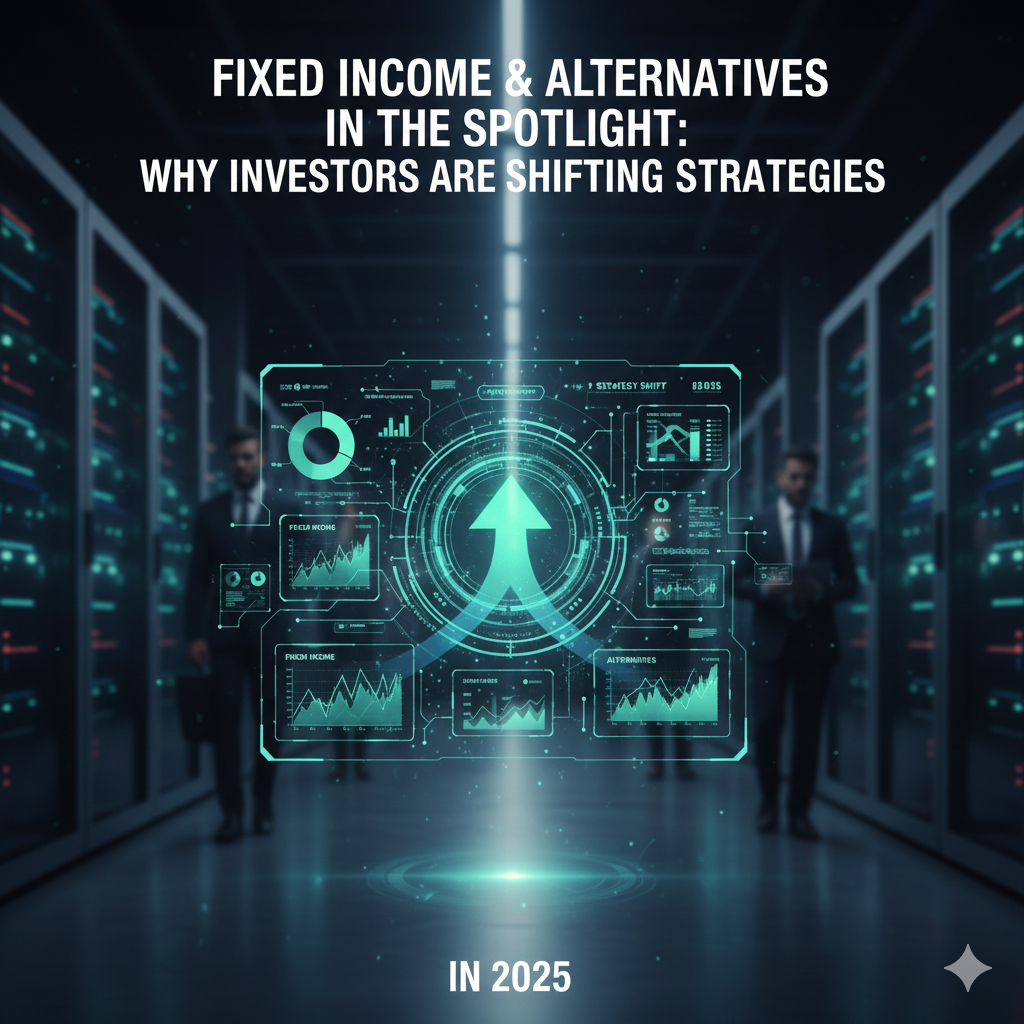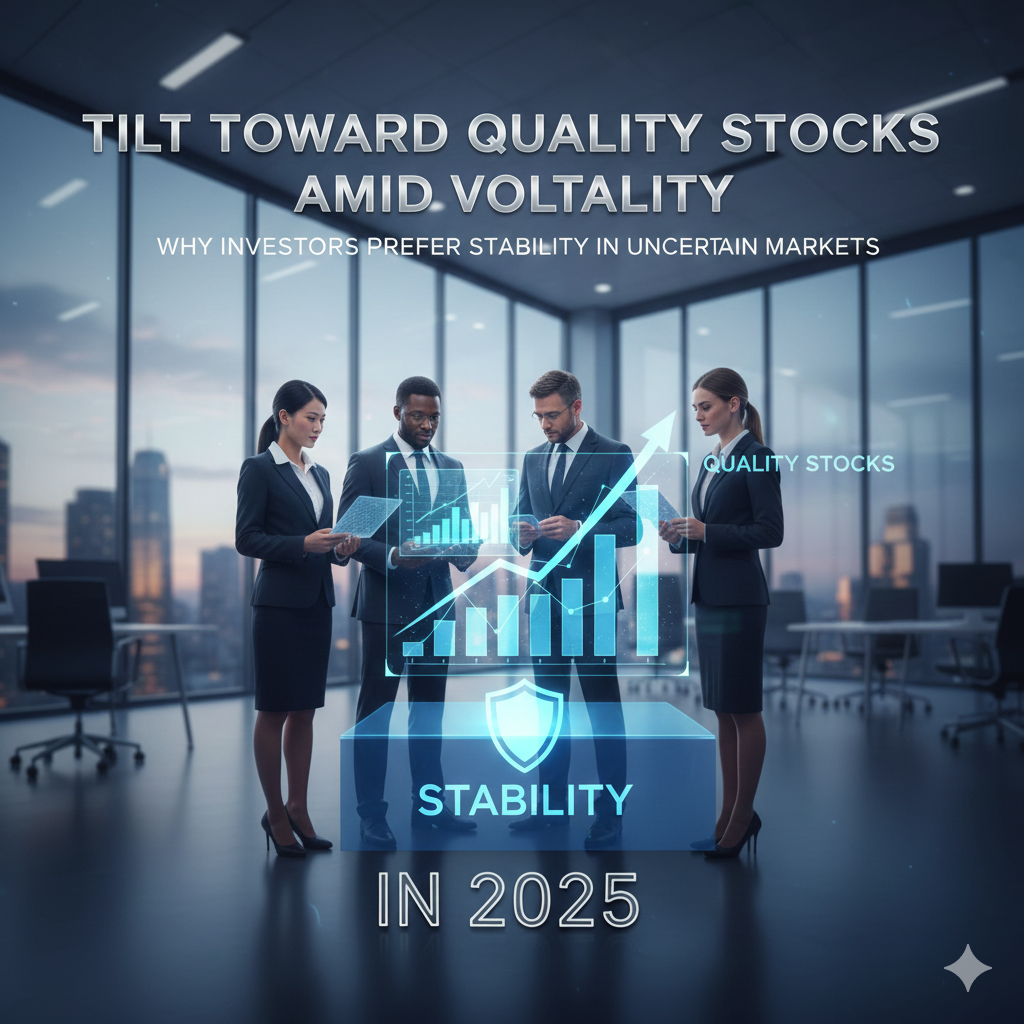The Space and Time (S&T) Blockchain has announced its public mainnet debut, marking a major milestone for developers, businesses, and investors. This launch signifies the transition from testnets to a fully functional decentralized network capable of handling real-world workloads.
About Space and Time Blockchain
Space and Time Blockchain is a decentralized, high-performance blockchain technology designed for enterprise-grade Web3 applications, addressing challenges like scalability, decentralization, and data integrity.
- Scalability: Handles high transaction volumes efficiently.
- Security: Provides encrypted data processing and tamper-proof storage.
- Interoperability: Enables seamless operations across multiple blockchains.
- Data Availability: Ensures fast and reliable access to blockchain data.
Main Features of the Space and Time Blockchain Mainnet
- High Scalability: Supports thousands of transactions per second (TPS) for enterprise and high-volume Web3 platforms.
- Decentralized Architecture: Transparent, permissionless network allowing nodes to participate in transaction validation.
- Smart Contract Support: Enables Turing-complete smart contracts for DeFi, tokenized assets, and complex logic.
- Enterprise-Level Security: Advanced cryptography and consensus methods protect against fraud, hacking, and unauthorized access.
- Data Availability Layer: Efficiently provides historical and real-time blockchain data for analytics and reporting.
- Compatibility: Bridges to other blockchain networks support cross-chain transactions and adoption.
Significance of the Public Mainnet Launch
- Transition from Testnet to Production: Developers and businesses can deploy production-ready apps.
- Validator Participation: Public nodes can participate in decentralization and earn rewards.
- Token Usage: Native tokens can be used for transactions, staking, and smart contracts.
- Community Engagement: Expands the ecosystem of developers, businesses, and users.
- Ecosystem Expansion: Supports enterprise dApps, DeFi projects, NFT marketplaces, and cross-chain solutions.
Enterprise Use Cases
- DeFi Applications: High-throughput lending, staking, and decentralized exchanges.
- Enterprise Data Management: Ensures transparency, auditability, and tamper-proof compliance for critical business data.
- Logistics and Supply Chain: Track goods across multiple stages using smart contracts for efficiency and authenticity.
- Tokenized Assets: Digitize tangible assets like real estate, commodities, and financial instruments for fractional ownership and faster transactions.
Benefits for Businesses
- High throughput for enterprise workloads
- Low latency for real-time transactions
- Tamper-proof storage and enterprise-grade encryption
- Cross-chain compatibility for seamless network connections
- Developer-friendly tools: SDKs, APIs, and smart contract support
- Decentralized governance for enhanced transparency
Challenges and Considerations
- Adoption Curve: Transitioning from legacy systems requires time, cost, and training.
- Regulatory Compliance: Ensure adherence to local laws, KYC, AML, and data protection requirements.
- Network Security: Secure key management and smart contract audits remain essential.
- Ecosystem Maturity: Limited tools and adoption in early mainnet stages may challenge developers.






